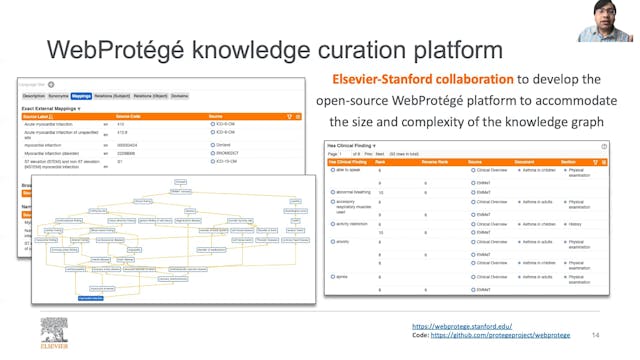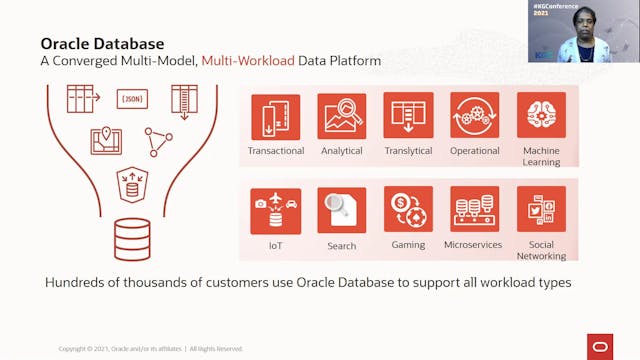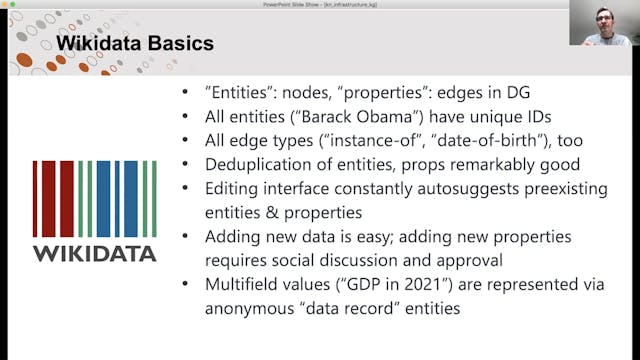Martynas Jusevicius | Data-centric Transformation
KGC | The Complete Collection
•
20m
One of the key pieces of global infrastructure today is the web yet it continues to be developed using legacy technologies dating back to the 1960s. A result of using outdated technology in turn has created several major problems. First, relational data models are a primary contributor to the data silos problems. Second, object-oriented codebases are proliferating complexity, trapping business logic, and stifling code reuse. Third, some experts warn we are heading for a software apocalypse. And finally we’re over paying for software projects by orders of magnitude. Where do we begin to resolve these problems?
In this talk, we present a data-centric transformation. We explain how RDF Knowledge Graphs, Data-Driven software, and declarative technologies can be used to create a future-proof architecture with diminishing costs. And we will demonstrate AtomGraph’s Knowledge Graph management system, LinkedDataHub, which implements these principles.
Martynas Jusevicius is currently the CTO and co-founder of Atom Graph, a company focused on developing knowledge graph platforms and solutions. As the title of the video suggests, this will be talking about data-centric transformations and why it is necessary. Martynas believes there are two problems to dive into which is the data problem and the software problem. The inflexibility of the data in the schema is hard to change and there is difficulty with overseeing the information since the data is scattered across systems and API integration does not scale so it requires double the effort to implement websites according to Martynas. So he proposes to move towards data-centric enterprise to try to fix software and data problems. In the video, he explains the transformation to the enterprise uses several steps which include knowledge graphs, data-driven architecture and it ends at the data-centric enterprise. This implementation will destroy the data silos that are implemented today so that it would give us a uniform dataset #knowledgegraph #knowledgegraphconference #knowledgegraphdataset #knowledgegraphdata
Up Next in KGC | The Complete Collection
-
Maulik Kamdar | Elsevier's Healthcare...
Knowledge Graphs are increasingly being developed and leveraged in academia and industry to tackle complex biomedical challenges, such as drug discovery and safety, medical literature search, clinical decision support, and disease monitoring and management. In this talk, we will present the resea...
-
Melliyal Annamalai | Developing Enter...
Application developers often need to work with a variety of data types, data models, and workloads within an application. Oracle Database is a multi-model, multi-workload data platform with model-specific tools and technologies, enabling developers to build integrated applications while taking a...
-
Michael Cafarella | Infrastructure Fo...
Social Knowledge Graphs such as Wikidata have become massive successes, obtaining a level of coverage and quality that would be the envy of many traditional relational database engineering projects. And yet the downstream use scenarios for such datasets remain sharply limited compared to the vast...



